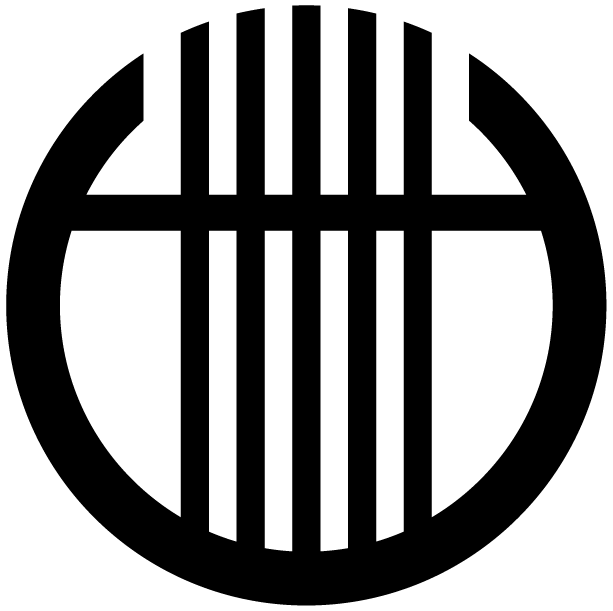
10 May 2019, 19.30-22.00
Grand Hall
Four by Four
Jerusalem Quartet  Presented by Liszt Academy
Presented by Liszt Academy
Haydn: String Quartet No. 60 in G major, Hob. III:75
Bartók: String Quartet No. 5, BB 110
intermission
Dvořák: String Quartet No. 12 in F major, Op. 96 (‘American’)
Jerusalem Quartet: Alexander Pavlovsky, Sergei Bresler (violin), Ori Kam (viola), Kyril Zlotnikov (cello)
Jerusalem Quartet were formed in 1993 but only gave their debut public performance after three years of preparatory work. Since then, this Israeli string quartet have become sought-after musicians worldwide and have released no fewer than 13 albums, in the process winning a Diapason d’Or and BBC Music Magazine Award. The quartet, lauded for their passion, precision and intimate sound, open the Liszt Academy programme with the first in a quartet series written by Joseph Haydn and dedicated to Count János György Erdődy. The ensemble follow this with Béla Bartók’s String Quartet No. 5 from 1934, which the composer dedicated to the generous American chamber music patron Elizabeth Sprague Coolidge. Concluding the concert, we have Antonín Dvořák’s string quartet, which was composed while the maestro was in the United States in 1893 and which reveals Afro-American influences.
Presented by
Liszt Academy Concert Centre
Tickets:
HUF 1 200, 1 700, 2 800, 3 900


